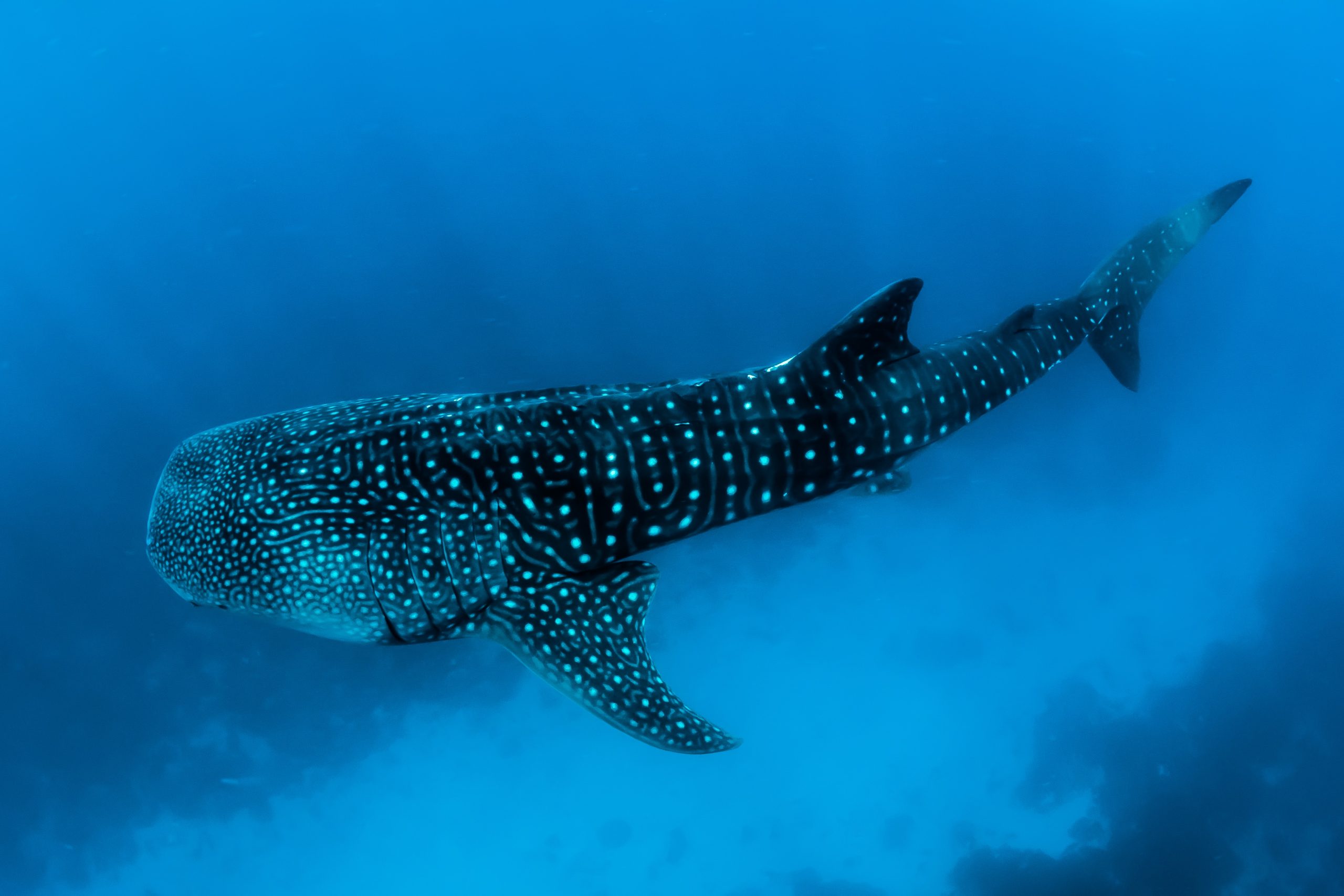Sharks have long been portrayed as the villains of the ocean, with movies like “Jaws” and “Deep Blue Sea” further perpetuating this image. However, the reality is that shark attacks on humans are rare, but when they do occur, the consequences can be fatal.
According to the International Shark Attack File, there were 57 unprovoked shark attacks on humans worldwide in 2020, with 10 fatalities. While these numbers may seem low, they are still a cause for concern, especially for those who spend a lot of time in the water.
One such victim of a shark attack was 26-year-old Matthew Tratt, who was surfing at Indian Head on the New South Wales coast of Australia in 2020 when he was bitten by a great white shark. Tratt’s friends, who were also in the water at the time, fought off the shark and tried to save Tratt, but sadly, he later died from his injuries.
Tragic incidents like this highlight the importance of understanding the risks associated with shark encounters and taking appropriate precautions. Surfers, divers, and swimmers can reduce their risk of shark attacks by avoiding swimming at dawn and dusk, wearing wetsuits or other protective gear, and avoiding areas where sharks are known to be present.
It’s also worth noting that most shark attacks are the result of mistaken identity, with the shark mistaking a human for its natural prey, such as seals or fish. This is why attacks often occur in areas where there are large populations of these animals.
Despite the risks, it’s important to remember that sharks are an important part of the ocean’s ecosystem, and they play a vital role in maintaining the balance of marine life. In fact, many shark species are in danger of extinction due to overfishing and other human activities.
The good news is that there are steps we can take to protect both humans and sharks. For example, some coastal communities are using non-lethal methods to deter sharks from popular swimming and surfing spots, such as the use of underwater speakers that emit low-frequency sounds.
In addition, organizations like the Shark Research Institute are working to promote shark conservation and educate the public about the important role these creatures play in our oceans.
In conclusion, while shark attacks on humans are rare, they do occur, and the consequences can be devastating. It’s important for people to be aware of the risks and take appropriate precautions when swimming or surfing in areas where sharks are known to be present. At the same time, we must also work to protect and conserve these magnificent creatures, who are an essential part of our ocean’s ecosystem.




